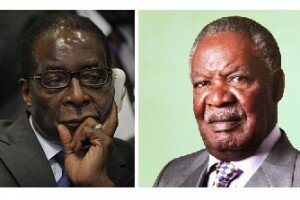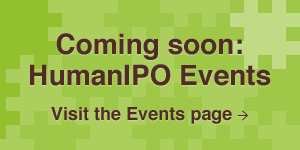
Robert Mugabe - CC image courtesy of Jesse B. Awalt. Michael Sata - CC image courtesy of the Commonwealth Secretariat on Flickr.
Mugabe has been in power as Zimbabwe’s president since 1987, but served as prime minister since 1980 under the leadership of then president Canaan Banana when the then Zimbabwe African National Union (ZANU) won the 1980 elections.
Michael Chilufya Sata’s story is quite different to Mugabe’s in that he only became president of Zambia in September 2011, through his Patriotic Front (PF) party. Prior to that he served as a Zambian minister in the 1990s.
However, both leaders are considerably elderly (Mugabe - 90 and Sata - 75) and in both their countries share the oppression of the press, due to their policies and control.
Except, the Zambian constitution is supposed to defend press freedom.
In Mugabe’s case, having been in control of Zimbabwe since 1980, restricting press freedom and controlling the media would be considerably easier. The advent of the continuously evolving internet thwarts efforts of controlling information through its outlets, especially social media platforms
This has materialised in the form of Baba Jukwa, an unidentified man claiming to be within Mugabe’s inner circle of ZANU-PF. He has taken to Facebook to expose alleged corruption and crimes committed by Mugabe’s party.
To put an end to this, Mugabe has offered a bounty of US$300,000 to anyone willing to unmask the man behind the Facebook group.
Furthermore, the Zimbabwe Guardian recently ran an article saying Mugabe’s ZANU-PF is winning the social media “battle” against the party’s main rival - the Movement for Democratic Change-Tsvangirai.
However, a few quick calculations reveal it is neither here nor there between the two, whereas Baba Juka’s huge following of more than 286,000 puts both parties to shame. This is a clear indication the people of Zimbabwe are hungry for an independent voice, which is in contrast to Mugabe’s mouthpieces, such as the Herald newspaper.
Social media gives people on the ground a voice, which they previously did not have. It also serves as a platform for news publications to reach their audiences when the government of their respective countries block access to their IP addresses.
This took place in Zambia when the PF government decided to block the Zambian Watchdog, an online watchdog publication which frequently speaks out against Sata and his government.
However, the publication has defied the government and set up proxies for the Zambian people to continue accessing the content of the site.
Furthermore, Reporters Without Borders, an organisation dedicated to the protection of journalists created a mirror site for the Zambian Watchdog. The government then blocked another site, the Zambia Reports.
While government administrations such as that of both Mugabe’s and Sata’s may find ways to block websites exposing their corruption and crimes both within and outside of their borders, there is not much they can do about content featured on social media platforms.
Proxies, mirror sites, social media and the internet at large is seemingly forcing democracy onto oppressive government systems (except for the likes of North Korea) because it exposes information to the world, often before the government has any time to take action.
The vehement censorship of online news platforms and control of other forms of the media indicates there is much the governments in question are not telling their citizens.
The only way in which governments can successfully contain and control information is to eliminate the internet completely in their countries, which would be slammed by the international community, much the same way it has isolated North Korea for the Junta government’s extreme policies.
Social media and internet are good examples of the English saying: “The truth will out!”


